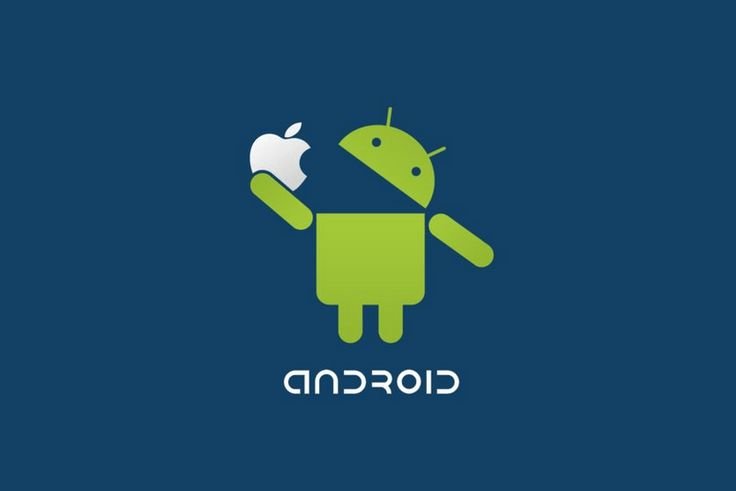In the early 2000s, owning an Apple iPhone was a mark of prestige, a symbol of exclusivity and luxury. Fast forward to 2025, and the narrative has shifted. The iPhone is no longer just a status symbol; it’s become a common choice for many. However, this transition hasn’t been without challenges. Declining sales figures, increased competition, and evolving consumer expectations have prompted Apple to reconsider its strategy.
The Evolution of the iPhone: From Luxury to Mainstream
Once a Luxury, Now a Common Choice

In its inception, the iPhone was a luxury item, accessible only to a select few. Its high price point and innovative features made it a coveted possession. Over time, Apple has expanded its product line to include various models catering to different market segments, making the iPhone more accessible to a broader audience.
Declining Sales: A Wake-Up Call
Despite its widespread availability, iPhone sales have seen a decline in recent years. In the first week of 2024, Apple’s iPhone sales in China dropped by 30%, signaling growing competition from domestic rivals like Huawei . This downturn continued into the fourth quarter of 2024, with iPhone shipments in China falling by 18.2% year-on-year, dropping Apple from the top spot to third place in the market .
The Waning Craze: Consumer Shift in Priorities
The initial allure of the iPhone has diminished as consumers become more discerning. Many are questioning the value proposition of paying a premium for incremental upgrades. Features that were once groundbreaking are now standard across many Android devices, leading to a shift in consumer preferences.
Apple’s Strategy: Innovation or Stagnation?
The Annual Feature Update Model
Apple’s strategy of introducing one new feature per year aims to keep the iPhone feeling fresh and relevant. While this approach ensures a consistent product line, it has also been criticized for lacking significant innovation. Consumers are beginning to expect more substantial upgrades, and the annual feature update model may no longer suffice to maintain their interest.
Lagging Behind in Feature Adoption

Apple has been slow to adopt features that have long been available on Android devices. For instance, features like dark mode, app lock, and USB-C ports were introduced in Android devices years before Apple incorporated them into the iPhone. This delay has led to criticism that Apple is playing catch-up rather than leading innovation.
Premium Pricing for Standard Features
One of the most significant concerns among consumers is the premium pricing of iPhones for features that are now standard in many smartphones. For example, offering a 60Hz display in a device priced over ₹70,000 is seen as inadequate when competitors provide higher refresh rates at lower prices. Consumers are questioning whether the premium cost is justified for such features.
Rethinking Consumer Relationships
From ATM Machine to Valued Customer

Apple’s approach to consumer relations has often been criticized as transactional. To foster brand loyalty and trust, Apple should shift its focus from viewing consumers as mere revenue sources to valuing them as partners. This involves listening to consumer feedback, addressing concerns promptly, and offering products that genuinely meet their needs and expectations.
Conclusion: The Road Ahead for Apple
The smartphone market is evolving, and Apple must adapt to maintain its position. By embracing innovation, adopting features that meet consumer expectations, and fostering genuine relationships with customers, Apple can navigate the challenges ahead.
Questions for Reflection:
- Do you feel that the iPhone’s incremental updates justify its premium pricing?
- How important are features like dark mode, app lock, and USB-C ports to your smartphone experience?
- In your opinion, should Apple focus more on innovation or refinement in future iPhone models?
Let us know in the comments section below. And do not forget to share this post!